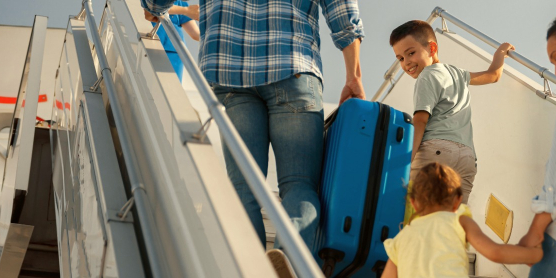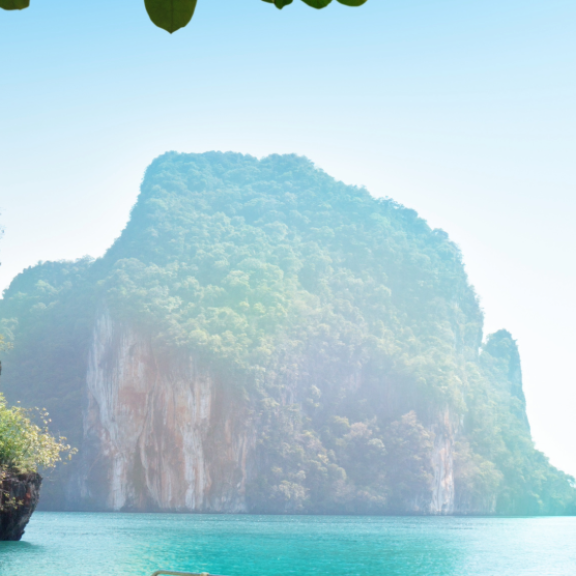
Emigrate to Thailand
Emigrate to Thailand: Find out the most important information for your stay here
Southeast Asia's Thailand is known for its tropical beaches, opulent royal palaces, ancient ruins and ornate temples with Buddha images. For many who want to emigrate to Thailand, the country offers a fascinating mix of culture, history and modern lifestyle. In the capital Bangkok, an ultra-modern skyline rises alongside tranquil canalside settlements and the famous temples of Wat Arun, Wat Pho and the Temple of the Emerald Buddha, Wat Phra Kaeo. Nearby beach resorts include lively Pattaya and trendy Hua Hin. Expatriating to Thailand allows you to enjoy these diverse attractions and the country's relaxed way of life.
Facts about Thailand
Capital City
Bangkok
Population
71.6 million
Surface Area
318,837.99 mi² or 513,120 km²
Continent
Asia
Official Language
Thai
Currency
Baht (THB)
Emigrating to Thailand: An overview of the political system
According to the constitution of April 6, 2017, Thailand is a kingdom with a democratic form of government, with the king being the head of state. Since 1932, the country has experienced both democratically elected governments and several military coups. Thailand is divided into 76 provinces and the Bangkok Special Administrative Region. The state structure is centralized, with Bangkok enjoying a special status with important powers of self-government.
For many who emigrate to Thailand, the country is of particular interest due to its historical pride in never having been a colony of foreign powers and its vibrant civil society with numerous non-governmental organizations. Those looking to emigrate to Thailand can find many opportunities for new experiences and a different way of life in this culturally rich and politically charged environment.
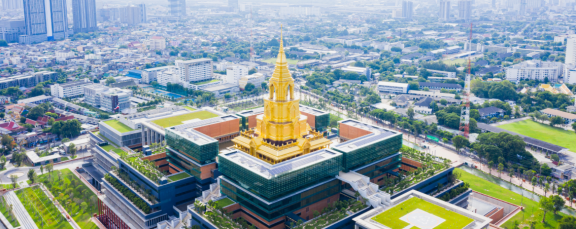
Climate in Thailand: Important information for emigrants
Although the European winter is traditionally considered the peak travel season, Thailand's typical equatorial climate makes it easy to travel all year round. For people emigrating to Thailand, the climate is an important factor as Thailand always remains warm, with tropical rain showers during the southwest monsoon from June to September. The northeast monsoon from November to February brings cooler air, which is particularly pleasant for many who emigrate to Thailand. The country thus offers a pleasant climate zone all year round, making it a popular destination for expats.

Healthcare system in Thailand: Important facts for emigrants
In general, healthcare in Thailand is of high quality, which is particularly important for those emigrating to Thailand. However, one specific medical problem that exists in Thailand is the fact that most doctors in the country specialize in certain fields. Therefore, it can be challenging to find a reliable general practitioner to treat minor medical problems. Compared to the US and Western Europe, healthcare in Thailand is less expensive, which makes emigrating to Thailand particularly attractive for expats. Although foreigners working in Thailand have access to free public healthcare, most expats opt for private treatment as private facilities offer faster and higher quality care.

Emigrating to Thailand: An overview of the economic situation and quality of life
Thailand's gross domestic product per capita in 2024 amounted to 7,527.38 US dollars. The Gini coefficient of wealth describes the distribution of wealth. The indicator is an established, internationally comparable measure of wealth inequality. It is measured on a scale from zero to one. The higher the value, the greater the inequality. The Gini coefficient in Thailand is expected to be 0.35 in 2025 (source: Statista).
Thailand, often referred to as the land of smiles, offers a first-class quality of life characterized by the combination of breathtaking nature, rich culture and hospitable people. For many who wish to emigrate to Thailand, the tropical and pleasant climate all year round is particularly attractive. Food, accommodation and transportation costs are relatively cheap compared to Germany and other western countries. Medical care is excellent, with modern hospitals and highly qualified doctors. In addition, Thailand offers a wide range of activities such as diving, hiking and visiting historical sites and temples. Expatriating to Thailand allows you to enjoy these many benefits and the country's relaxed way of life to the full.
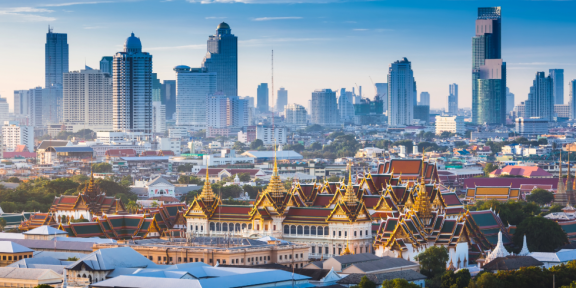
National holiday
Birthday of King Bumibol Bhumibol Adulyadej, who died on October 13
Religion
Buddhism is the largest religion in Thailand and is practiced by around 94% of the population. The Thai constitution does not name a state religion, but promotes Buddhism and guarantees freedom of religion to all Thai citizens. Many other people, especially from the Isan ethnic group, practise the Tai folk religions. There is a significant Muslim minority, especially in the southern regions, which is mainly made up of Thai-Malaysians. Thai law officially recognizes five religions: Buddhism, Islam, Christianity, Hinduism and Sikhism. For many who wish to emigrate to Thailand, the peaceful religious environment and cultural diversity can play an important role in the decision. Emigrating to Thailand offers the opportunity to live in a country with a rich religious tradition and benefit from the tolerance towards different faiths.

Erfahren Sie mehr über die Bestimmungen für einen Umzug nach Thailand
Emigrate to Thailand - Entry Requirements
Entry is possible for German nationals with the following documents:
- Passport: Yes
- Temporary passport: Yes
- Identity card: No
- Temporary identity card: No
- Children's passport: Yes
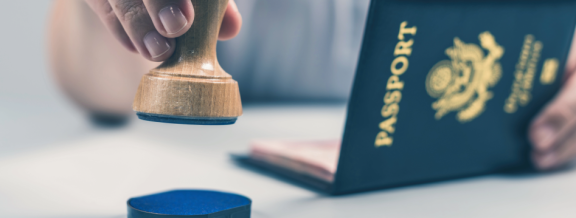
FAQs for emigrating to Thailand
Where can I find relevant information about my country of entry and the entry regulations that apply there?
We have compiled destination country information as well as entry requirements and customs information for many countries in the Relocation Service section of our website and are constantly expanding this section.
Can I use my own container that I already own for the move with DACHSER & KOLB?
For every removal, which we at DACHSER & KOLB always offer as a door-to-door (full service) removal, a container is rented for the duration of the removal. We therefore do not offer the option of using your own container.
Who is responsible for my move abroad and the services I need there?
As a FIDI member, we work abroad with selected, long-standing partners who work in accordance with our service standards.
Are my removal goods insured in the event of damage?
For every overseas move, we naturally cover transportation insurance at current value for the used household goods and personal belongings
What types of transportation do you offer for overseas relocation?
It is generally possible to carry out overseas removals via air freight or sea freight. In the case of sea freight, it is possible to ship the removal goods as additional cargo (“LCL shipment” with Liftvan) or with a container (FCL shipment in 20 feet, 40 feet or 40 feet high cube). We will be happy to discuss which option is best for you in a personal consultation.
When and how must the move be paid for and what is the payment deadline?
You will receive an invoice a few weeks after placing the order and pay the full amount directly in advance.
Do I have to pay taxes and customs duties on my removal goods?
Removal goods can be imported tax and duty-free into most countries if you have a valid residence permit. We will be happy to check the options for importing the removal goods for your desired destination country in a personal consultation.
Are you interested in moving to Thailand or another destination country?
Then do not hesitate and contact us today.
Sabrina Klier
Customer Service & Sales - AIR & SEA



